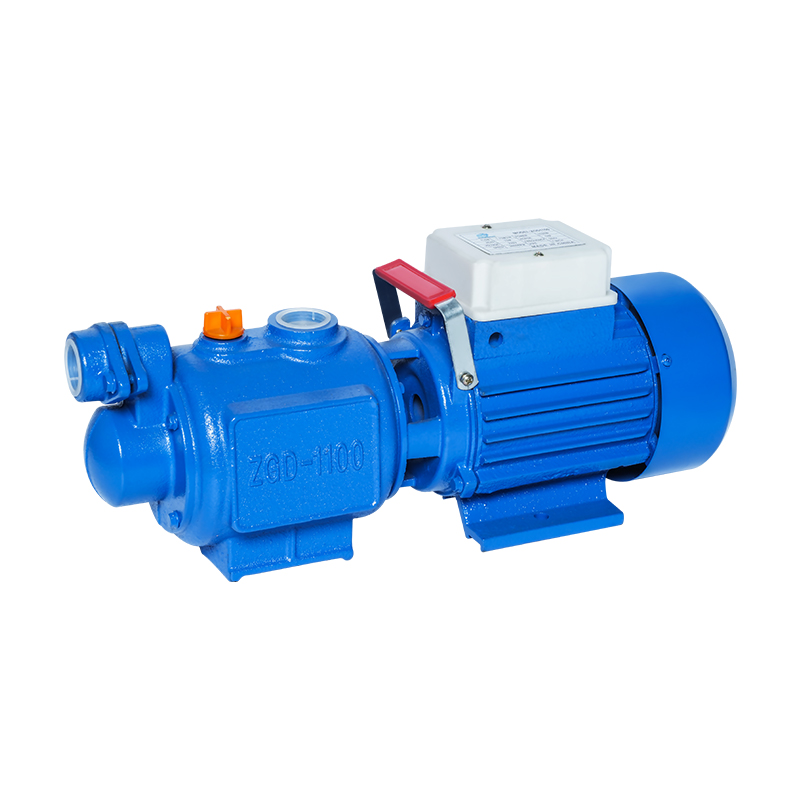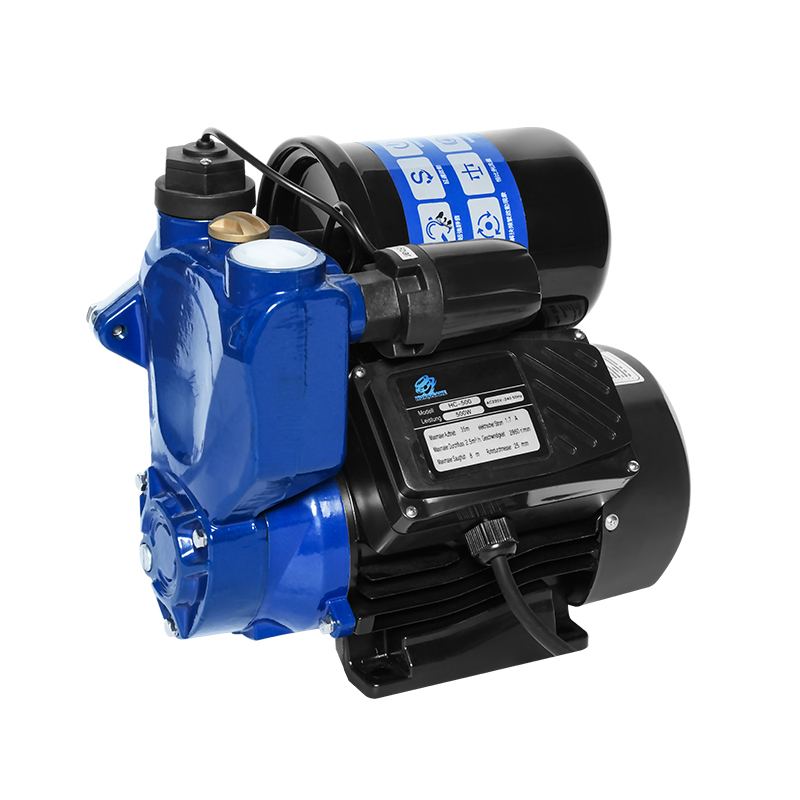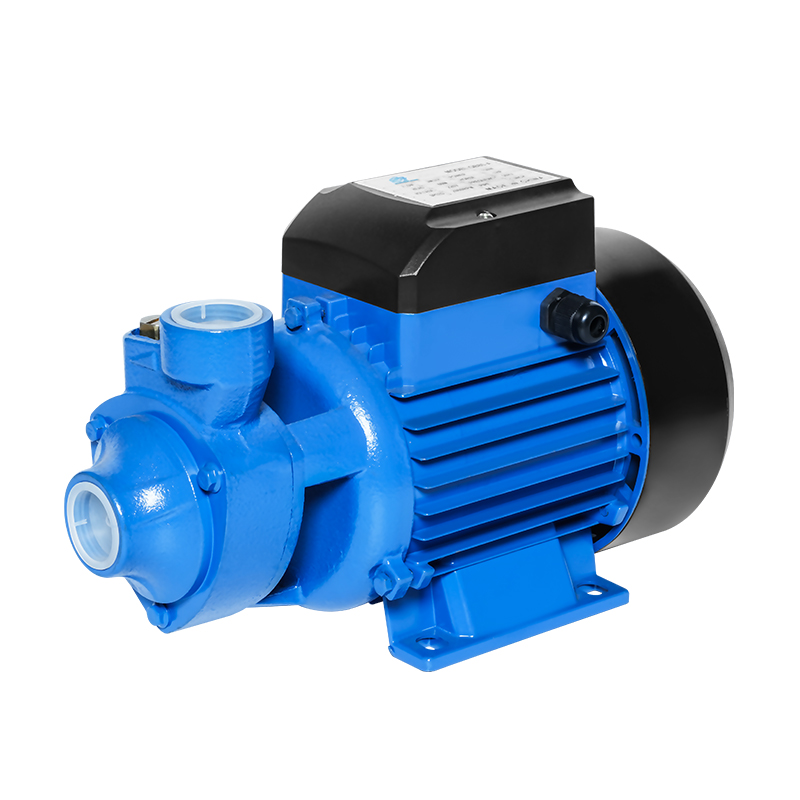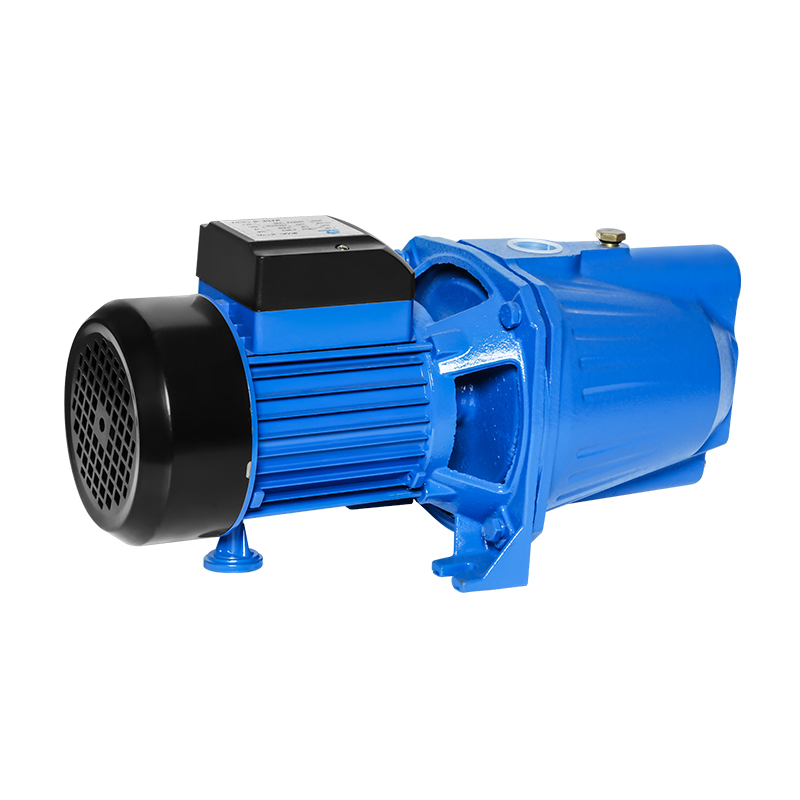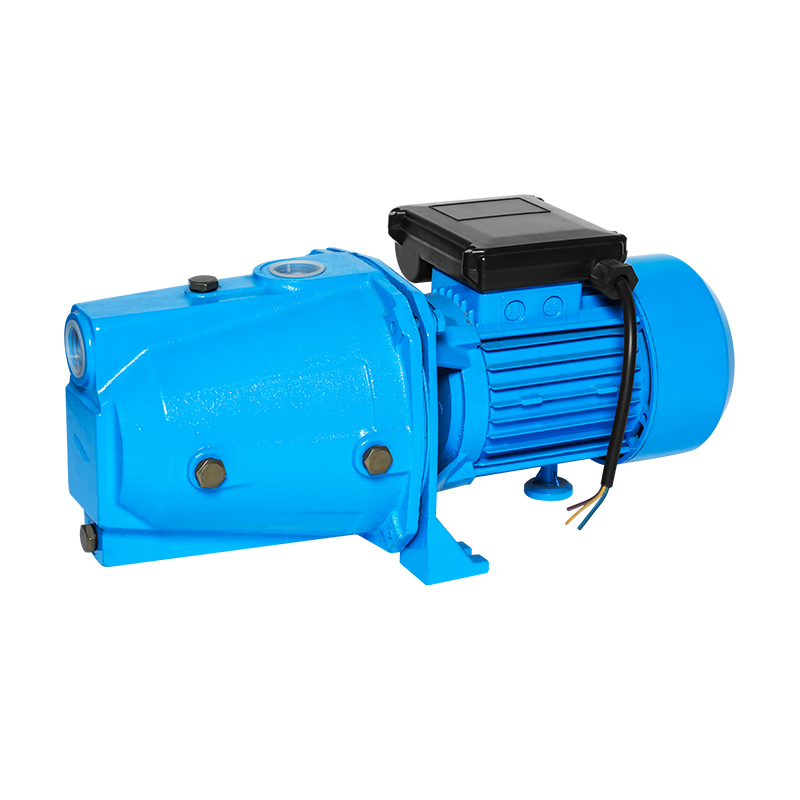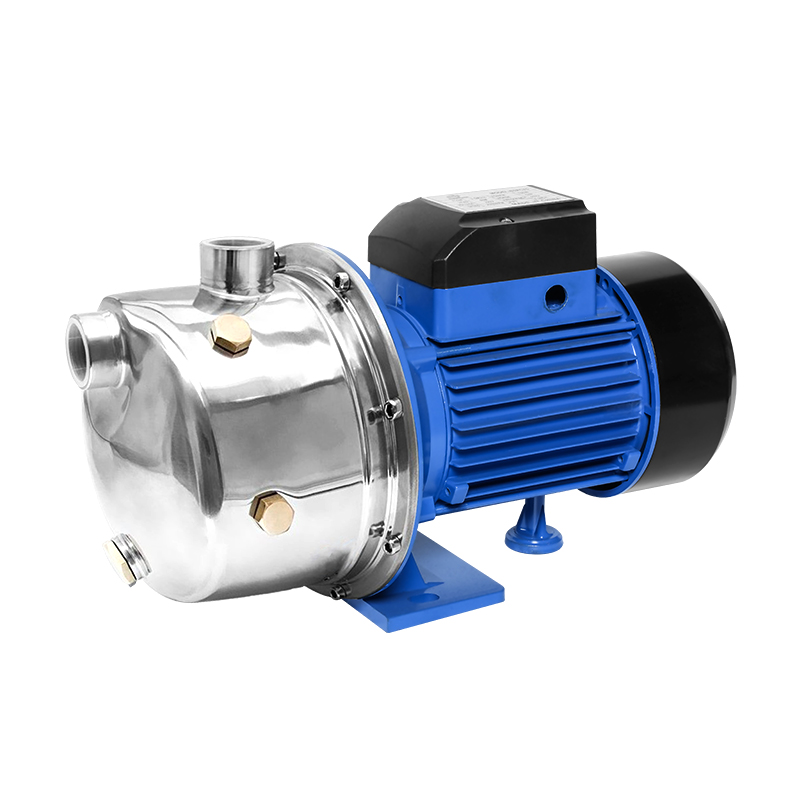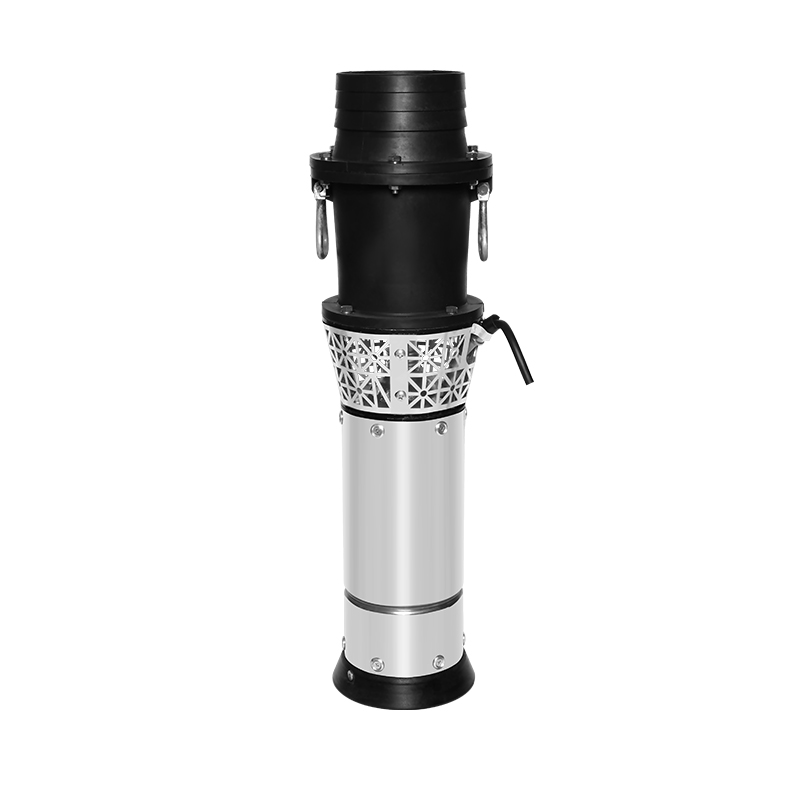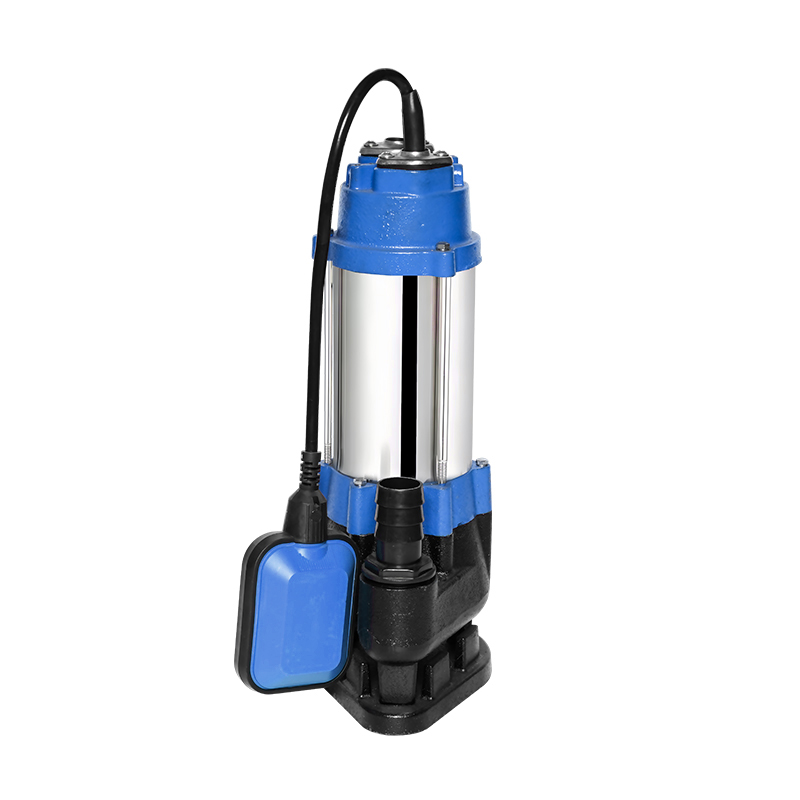What Makes a Portable Water Pump Ideal for Emergency Use?
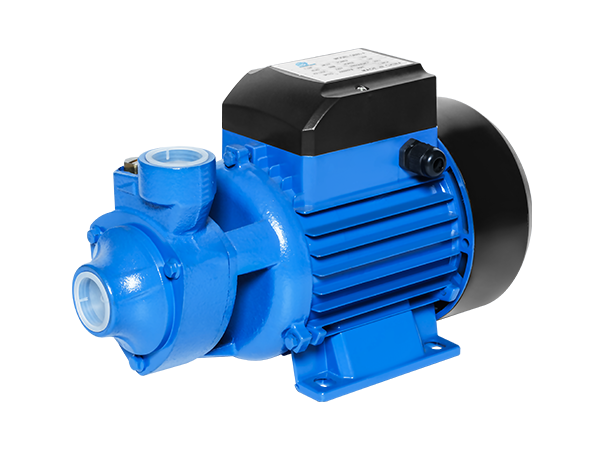
In emergency situations, quick and reliable access to water can make a significant difference. Whether the emergency is caused by flooding, fire, infrastructure failure, or a lack of clean drinking water, the ability to move water efficiently is often critical. A portable water pump plays an important role in these situations due to its flexibility, ease of transport, and practical functionality.
One of the main advantages of a portable water pump is its mobility. Unlike stationary models, this equipment can be easily transported to where it is needed, even in remote or difficult-to-reach areas. During natural disasters, roads may be blocked, and infrastructure may be damaged, making access to traditional water systems difficult or impossible. A portable unit can be moved manually, by vehicle, or by small transport machinery to support water transfer, supply, or removal in these urgent conditions.
Another reason a portable water pump is suited for emergency use is its simple operation. Most units are designed for quick setup and use, which is essential during a crisis. Time is often limited, and having equipment that can be deployed with minimal training or tools is beneficial for emergency responders, volunteers, and affected individuals. Whether it is pumping floodwater out of buildings, supplying water to firefighters, or transferring water to purification systems, ease of use is essential.
Power flexibility also makes a portable water pump practical during emergencies. Many models run on gasoline, diesel, or rechargeable batteries, allowing them to function even when the electricity grid is down. In post-disaster areas where power outages are common, this independence from external electricity sources ensures the pump remains operational. Battery-powered and solar-supported pumps are particularly useful in remote areas or in situations where refueling may be difficult.
Durability is another key factor that supports the emergency use of a portable water pump. Emergency conditions are often unpredictable and harsh. Pumps may be exposed to mud, debris, contaminated water, or extreme temperatures. A well-designed unit is built to withstand tough conditions while continuing to perform its function. This durability allows the same pump to be reused across different emergency scenarios and recovery stages.
The versatility of a portable water pump also adds to its value in urgent situations. These pumps can be used for a variety of tasks, such as draining flooded basements, delivering clean water to communities, removing wastewater, or even assisting in agricultural irrigation if crops are affected by water disruptions. Some models are designed to handle both clean and dirty water, increasing their usability across diverse needs.
Storage and readiness are additional considerations. Because of their compact size, portable pumps can be stored easily in warehouses, emergency vehicles, or community disaster supply kits. Their relatively low maintenance requirements mean they can be kept in standby mode for long periods and quickly brought into service when needed. Some organizations prepare multiple units in advance as part of disaster preparedness planning, knowing these devices are among the first tools required during a response.
A portable water pump stands out as an effective emergency tool due to its mobility, ease of use, power source flexibility, durability, and multi-purpose functionality. It enables rapid water management in situations where time and resources are limited, and supports a wide range of urgent needs. Whether used by emergency services, humanitarian teams, or homeowners, this equipment contributes to faster recovery and safer conditions during water-related emergencies.


